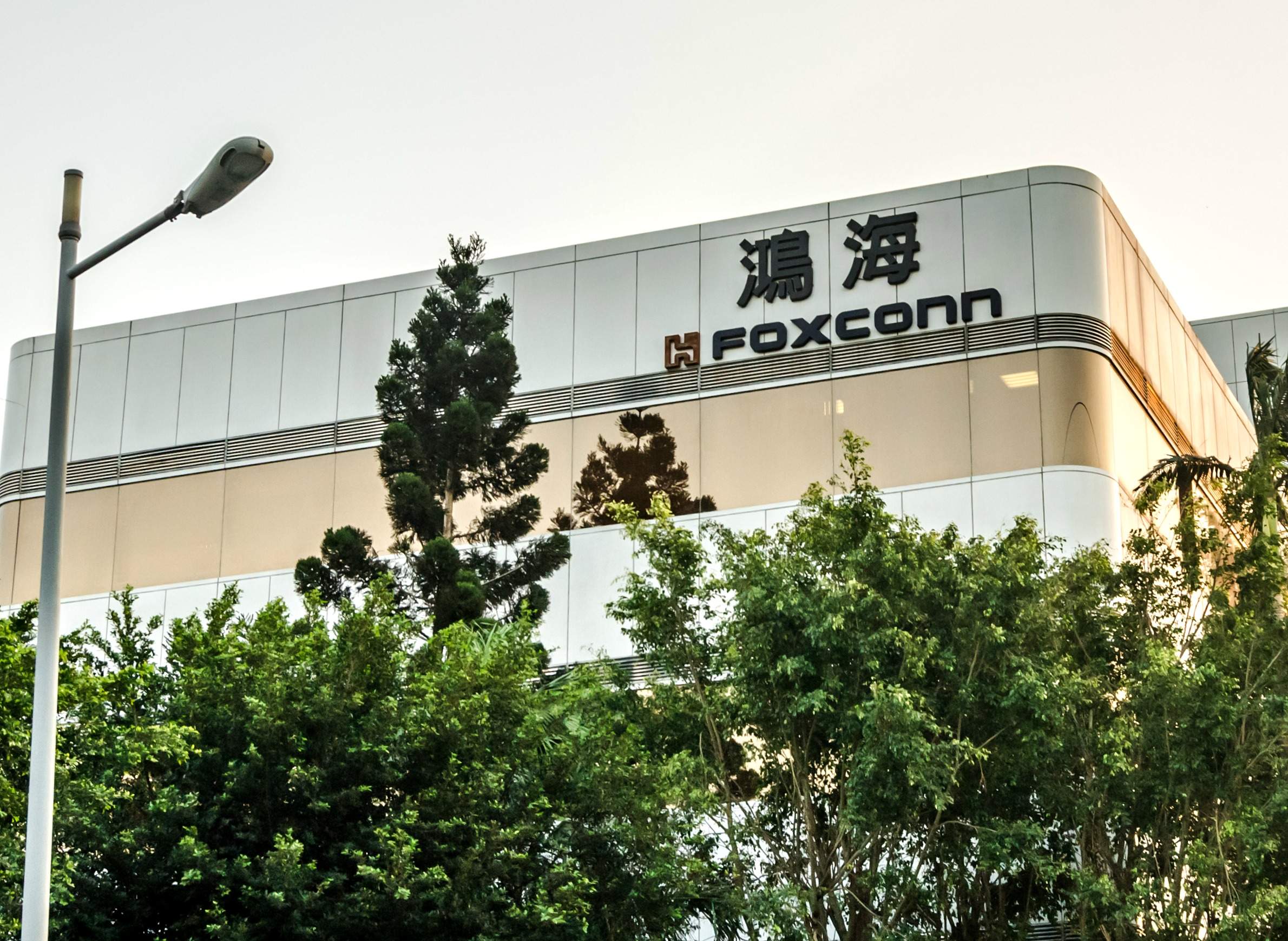
Environmental Exemptions For Foxconn May Invite Legal Challenges

In its proposed incentives package to lure electronics manufacturer Foxconn, the Wisconsin legislature is not only offering unprecedented economic incentives, but also carves out significant exemptions to state-level environmental regulations for the company. Letting Foxconn build a planned LCD manufacturing complex without submitting an environmental impact statement to the state, as well as altering wetlands and streams without state environmental permits and other regulatory exemptions, might help get the operation up and running by 2020. But streamlining this process over the short run doesn't reduce the possibility of longer-term environmental and legal headaches.
If lawmakers approve this incentives package, Foxconn would still have to comply with federal environmental regulations, some of which the state is tasked with enforcing through the Wisconsin Department of Natural Resources. The DNR is in the midst of a long-term struggle to conduct environmental enforcement in the face of budget cuts and political pressure to provide a more laissez faire regulatory environment in the state. Perception of a toothless DNR and the possible relaxing of environmental regulations for Foxconn have made many environmental observers wary of the factory complex's impact on Wisconsin's land, air and waters.
"We've never seen this type of exemption," said Sarah Geers, staff attorney with Midwest Environmental Advocates, in an Aug. 4, 2017 interview with Wisconsin Public Television's Here & Now. The Madison-based law firm has often been at odds with Gov. Scott Walker's administration over environmental issues.
Geers acknowledged that Foxconn officials said they intend to comply with state and federal environmental laws. But up to this point, most of the company's operations have been overseas, in nations known for having lax environmental standards, including China.
"I'm not sure if they have experience complying with the environmental laws in the United States," she said. "In their plants in China, they have had extensive environmental pollution issues, regarding pollution of China's rivers as well as air pollution."
When it comes to Wisconsin, an LCD factory would place heavy demands on water resources, for starters. In China, Foxconn has faced heavy scrutiny for practices involving the discharge of heavy metals into lakes and rivers and its airborne emissions. Indeed, one subsidiary of Foxconn in China has been accused of interfering with environmental inspections.
Waiving the state's requirement for an environmental impact statement before breaking ground on a factory complex is particularly troubling, Geers said. These statements, filed under the Wisconsin Environmental Policy Act, generally outline a proposed project's surroundings and what environmental effects it might have, as well as alternatives and strategies for mitigating those impacts.
Geers considers the this impact statement one of the state's most important tools in environmental protection.
"[These statements] put all of the information about potential environmental impacts in one place for agency decision makers who may be siloed into narrow permitting programs themselves," she said. "[They] also make that information digestible for the public."
It's not yet clear what court actions environmental advocates could take before a Foxconn plant could be built, but Geers hinted that the state could be opening itself up to a lawsuit if the legislature passes the incentives bill is currently considering.
"Once the legislature acts to take away these environmental protections, that may have serious implications for constitutional protections under the public trust doctrine," she said, referring to a provision in the state constitution governing navigable waterways.
Geers also questioned the streamlining argument businesses and their political advocates often make for relaxing environmental restrictions.
"The exemptions that this bill creates have really made a more complicated and burdensome process for the company to follow by making divergent federal and state programs," she said. "And there again, it's another opportunity for litigation."


